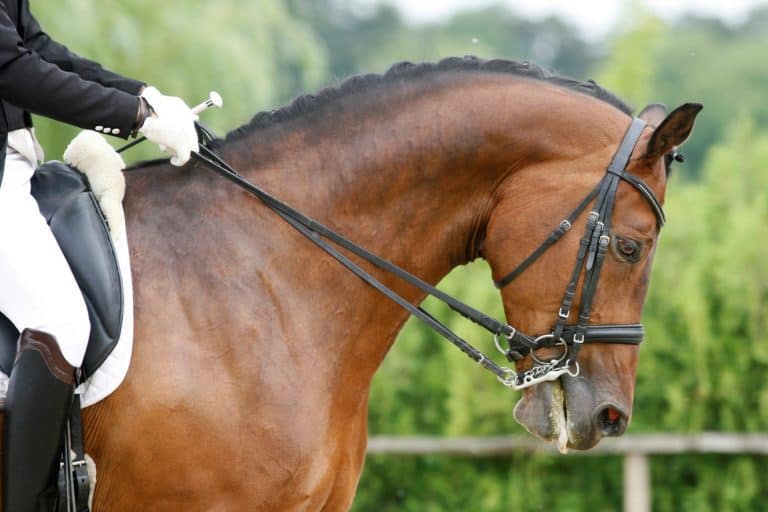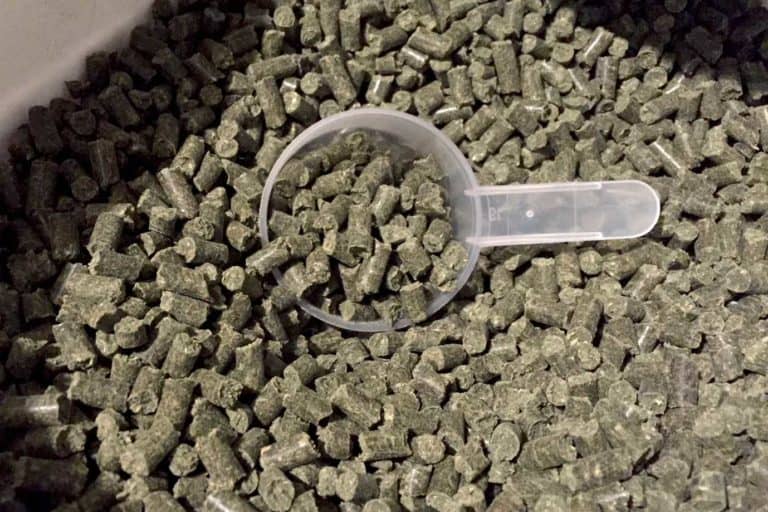Straight to the Horse’s Mouth
Although equine dentists cannot have their patients lie down in a reclining chair for easy access to those hard-to-reach molars, the field has progressed greatly in the past 20 years. It is now possible to perform a root canal or a tooth extraction

















